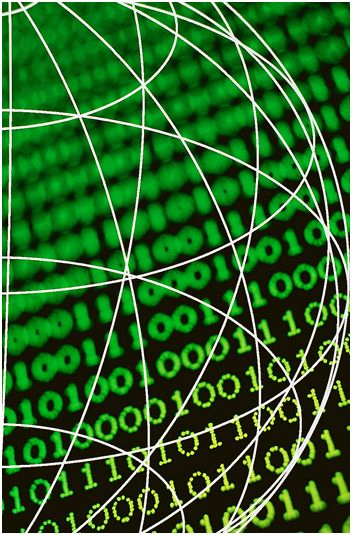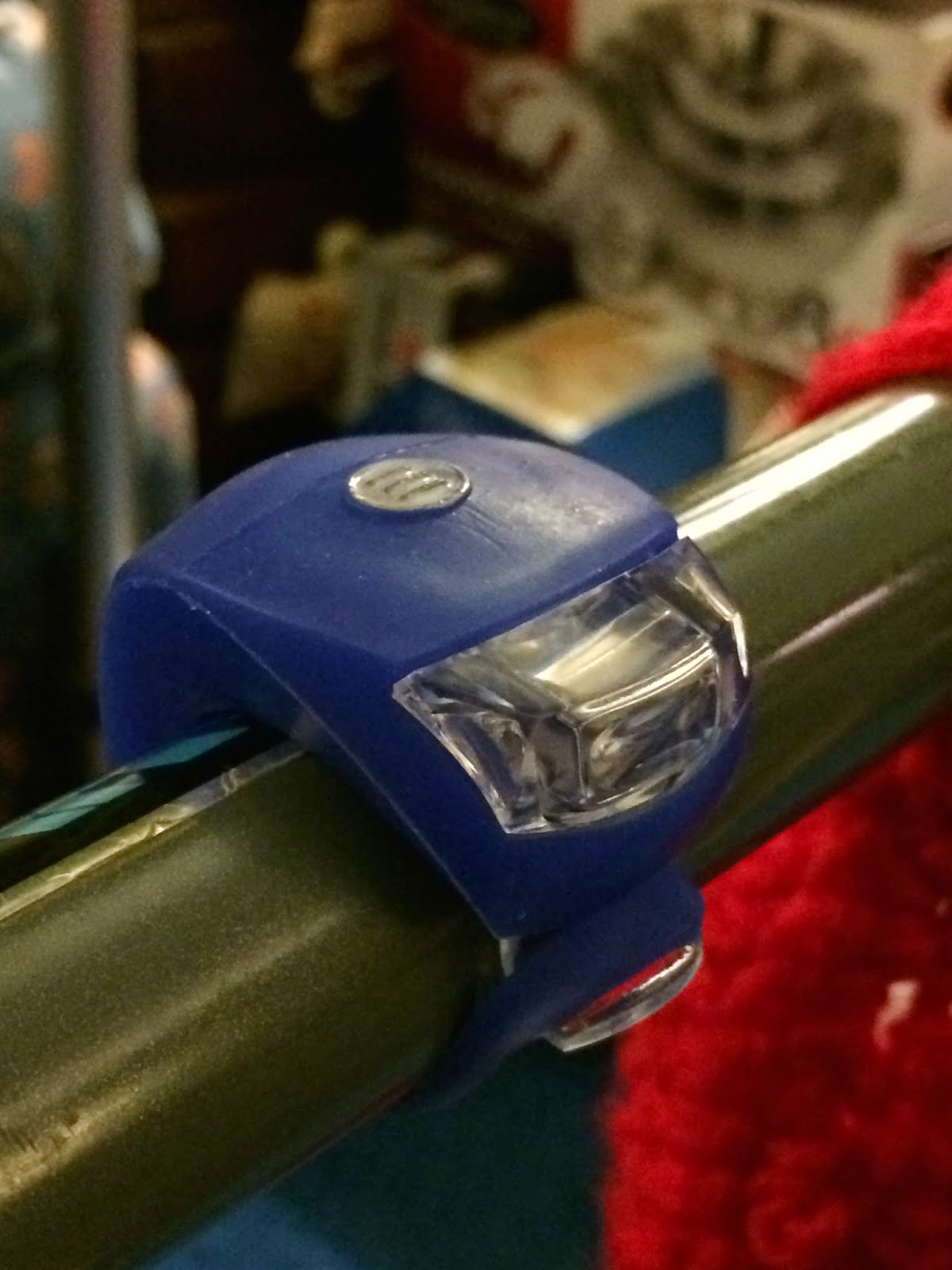
Telemonitoring is a novel disease management strategy that sounds wonderful. But just because something sounds wonderful does not mean it works. Sometimes new technologies are implemented into clinical practice just because we think they should work. But wishful thinking should not be good enough for our patients. New technologies should be subjected to rigorous evaluation before they are widely implemented
Telemonitoring in theory that should improve outcomes for patients with chronic illness. Patients are given devices for use at home that allow them to transmit information via the phone or internet to their providers. This often includes information about vital signs such as blood presssure and weight, symptoms, or other parameters such as blood sugar. The theory is that this information will allow providers to detect problems early, intervene, and prevent clinical deterioration. It sounds so good that many health systems have implemented telemonitoring for a number of conditions. For example, the VA health has made a huge investment in telemonitoring, and within the VA there are major efforts underway to increase the number of Veterans who get telemonitoring.
However, a rigorous study has just been published in the New England Journal of Medicine that throws big doubts on the usefullness of telemonitoring. The study was led by Dr. Sarwat Chaudhry of Yale University. Chaudhry randomized 1653 patients with heart failure as they were discharged from the hospital. This was an excellent test for telemonitoring, as heart failure defines a condition for which telemonitoring should work, and the time after hospital discharge is a very high risk period as many patients decompensate shortly after they go home and need to be readmitted.
Patients randomized to telemonitorinng received a device that allowed them to report weight and heart failure symptoms on a daily basis via a toll free number. The information was transmitted to their clinicians for review. Concerning information (variances) were flagged for attention.
The benefits of the intervention? Absolutely nothing. Those who got telemonitoring had the same rate of mortality and readmission as those who got usual care.
There are many possible reasons for the ineffectiveness of telemonitoring in heart failure. It may be that collecting lots of data on patients and feeding it back to providers is not as useful as we want to believe. Perhaps what’s needed is a lesser flood of information and more sophisticated thinking about how to use this information.
But the bigger question: Is all this enthusiasm for telemonitoring justified? I don’t think so. This study certainly should raise major concerns in the VA, which now needs to consider the possibility that its investment in telemonitoring is not the wisest use of resources.
Is it possible that other approaches to telemonitoring might be more effective? Certainly. But the burden of proof is now on the advocates of those approaches. Medical practice should be driven by evidence, not wishful thinking.
This study is an important example of why new technologies need to be subjected to rigorous evaluation before they undergo widespread implementation.
by: [Ken Covinsky]


